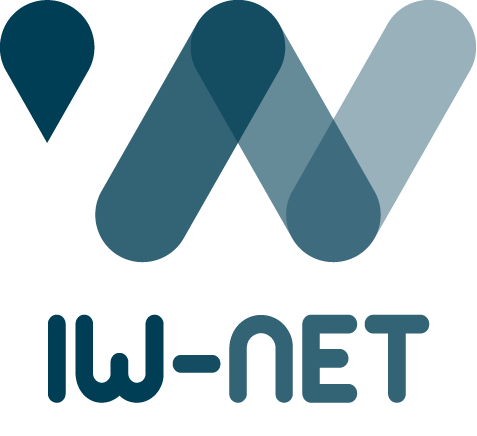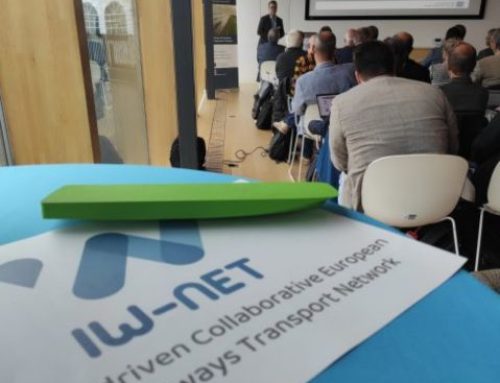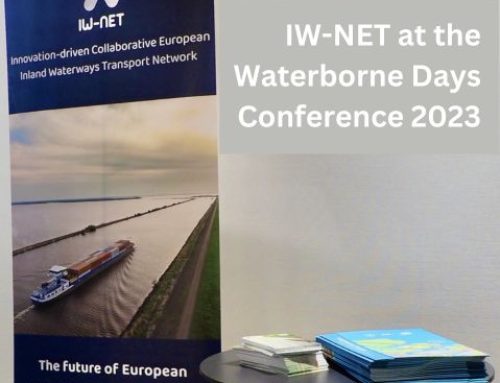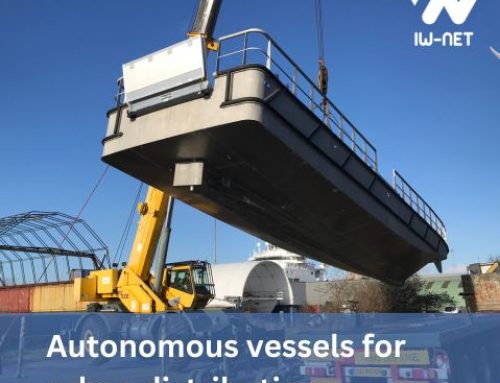The IW-Net project – through the work of its partners: the Smart Freight Centre and the European Inland Waterway Transport Platform, is leading the input of information for the sector-specific annex of the forthcoming international standard ISO 14083 “Quantification and reporting of greenhouse gas emissions arising from operations of transport chains.”
What will be the new ISO standard about?
ISO 14083 will replace the existing European standard EN 16258. The intention is that the principles and methodology for freight transport will be based on, and consistent with, the GLEC Framework. This will emphasize its position as the common industry guideline for calculating and reporting emissions from freight transportation and logistics.
The annex will provide sector-specific guidelines on issues such as vessel categories, default emission intensity values and worked calculation examples for inland waterway transport, that supplement the provisions of the main standard. This is seen as an important opportunity for the sector to ensure alignment between existing sector practice and an international standard that is expected to play a significant role in the fight to cap future GHG emissions from transport. Read more about the ISO standard building on GLEC Framework here!
Generally speaking, the international standards are crucial tools. They give consumers and investors more confidence in the products, services and information that companies provide. Regulators and governments count on standards to help develop better and more consistent policy and regulations. Companies themselves save time when they can rely on standards, because they don’t have to reinvent the wheel.
Any organizations that also wish to feed into the process can contact the Smart Freight Centre or the European Inland Waterway Transport Platform for more information.
Alan Lewis




